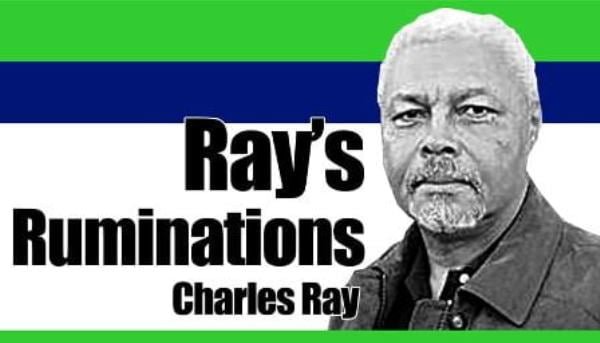
The American philosopher, George Santayana, who was born in Spain and originally named Jorge Agustin Nicolas Ruiz de Santayana y Borras, is the originator of the saying, ‘those who cannot remember the past are condemned to repeat it.’ This saying has been copied and paraphrased again and again, but if one pays attention to what is going on in the world today, it seems that no one has ever really paid much more than lip service to it.
In many parts of the world, history is either ignored or deliberately rewritten, leaving out the parts that those who won the wars or claimed the land find inconvenient or disturbing. The same people, by the way, who scream revisionism when efforts are made to inject the truth into the history taught in their schools.
The sad truth is that history is very uncomfortable, regardless of whether you were on the winning or losing side. If you’re one of the winners it’s better than even odds that your ancestors had to do or chose to do some very unpleasant things to ensure victory. The treatment of Native Americans in what is now the United States, or indigenous people in many other parts of the world are examples. But if you think the descendants of the winners are uncomfortable having that thrown in their face, think how it must be for the descendants of the losers—provided that the losers weren’t completely exterminated in the process of making ‘progress.’
If you’re descended from a people who were consigned to reservations to make way for progress, or your descendants were treated as property, you are made uncomfortable, and even more so when those conditions are removed from history or considered unworthy of notice.
Is there an answer to this? I think there is. Let’s start with Santayana’s philosophy. If we don’t remember the bad as well as the good in our history how can we take the steps necessary to prevent the evil from recurring? Difficult to say the least. If we refuse to acknowledge our wrongs, we can never truly do right.
In a world where our very survival depends upon us all doing our part to protect the environment, if we fail to acknowledge the things we’ve done in the past to hurt that environment, the motivation to protect it in an uncertain future is not there.
I recently participated in a conference on foreign policy and the need to have both a historical and a futuristic viewpoint to do it effectively was a thought put forward by one of the speakers. Referring to Americans he said that on average Americans can remember things back about two years and worry about the future maybe two years ahead. This four-year time bubble moves as we age, so that things I remember clearly from the 1950s and 1960s are unknown to most of the people I meet.
If we’re not to be condemned to repeat the same mistakes that have threatened our security and comfort in the past we must be prepared for a little discomfort and get out of our bubble. Think back a long way and then plan ahead a long way.
Our survival as a species depends on it. – NWI



